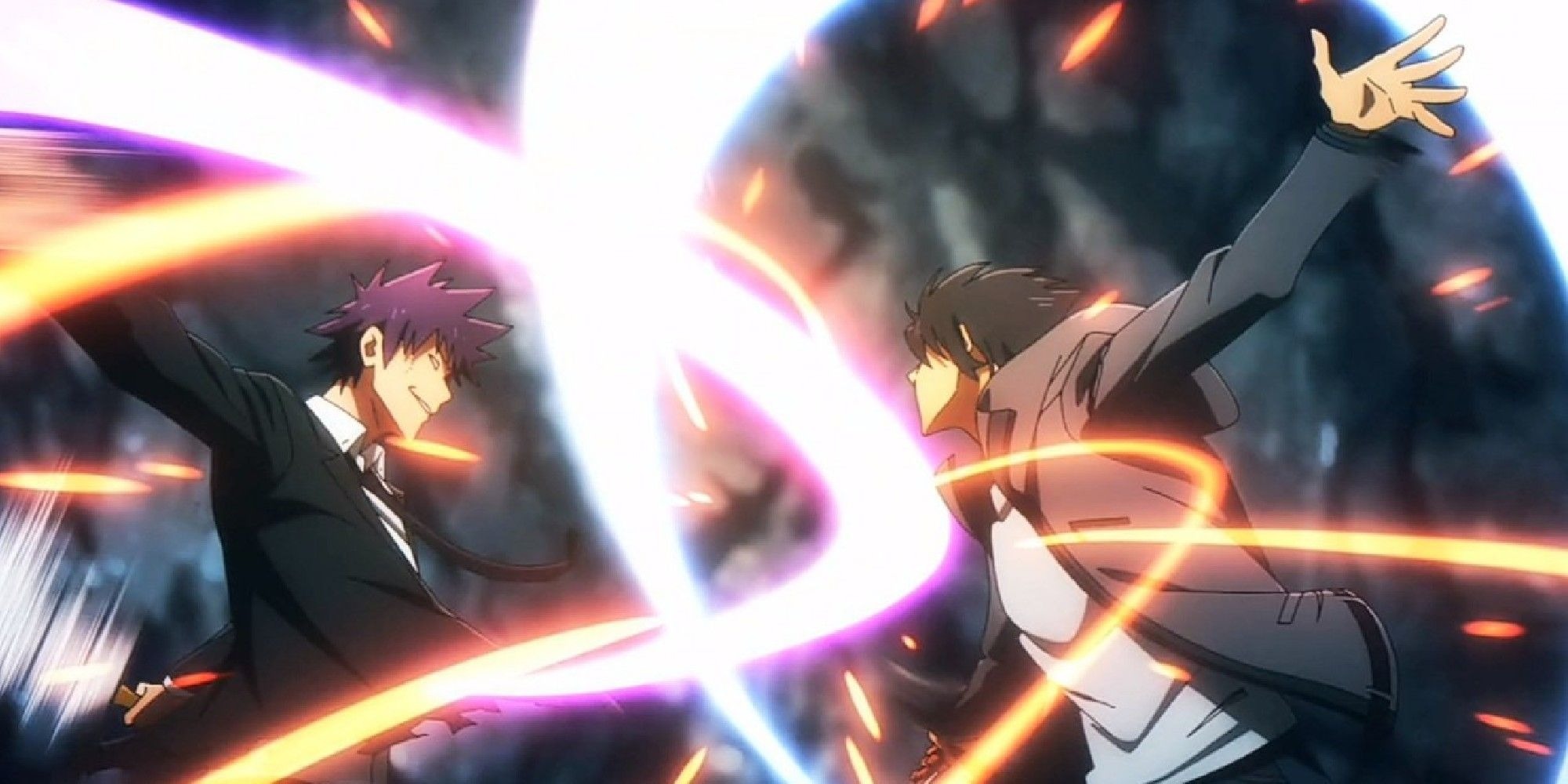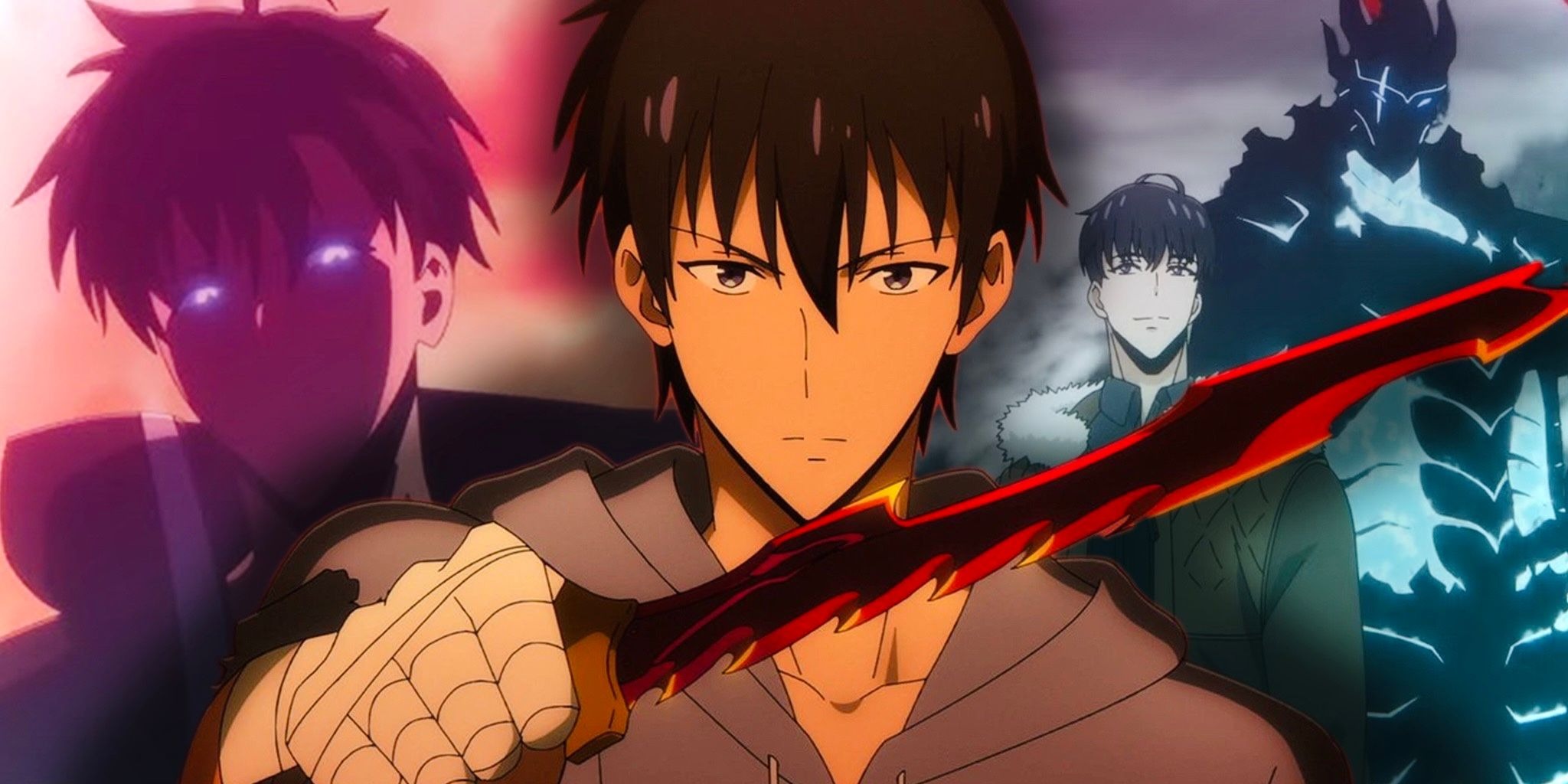Battles in Solo Leveling are not won by strength alone. Quick thinking, tactical positioning, and an understanding of opponents’ weaknesses often determine the victor. Sung Jin-Woo, despite his overwhelming power, rarely rushed into fights without a plan.
His ability to read battle conditions, control his surroundings, and outthink enemies gave him an edge over even the most formidable opponents. Whether it was a calculated retreat, a well-placed feint, or the strategic use of his summons, he consistently outmaneuvered adversaries who relied purely on brute force.
Many of his toughest battles required more than just raw strength; they demanded careful planning and precise execution. From his earliest struggles as a weak hunter to his clashes with high-ranking foes, his strategies played a huge role in his rise to power.

Using Shadow Soldiers for Tactical Advantage
One of the most effective strategies was his use of the Shadow Army. Rather than throwing his soldiers into battle recklessly, he positioned them in ways that maximised their effectiveness.
He often deployed shadows to control the battlefield, forcing enemies into unfavourable positions before delivering decisive strikes. Against large groups, he used summons to encircle and overwhelm foes while keeping himself at a safe distance.
This method worked well when fighting the Ant King on Jeju Island, where he allowed Beru and the other shadows to wear down the enemy before stepping in himself.
His ability to replace fallen soldiers with new ones in real time ensured that he never ran out of reinforcements, giving him a near-unbreakable formation in battle.
The flexibility of the Shadow Army also gave him an advantage against high-ranking hunters. Instead of engaging in direct combat immediately, he used his soldiers to gauge an opponent’s strength.
This approach allowed him to analyse attack patterns before committing to a full offensive. When fighting Thomas Andre, he let his shadows absorb most of the damage while observing the American hunter’s techniques.
By the time he stepped in, he had already identified weaknesses he could exploit. This calculated method of battle allowed him to defeat powerful enemies without unnecessary risks.
Psychological Warfare and Deception
Sung Jin-Woo’s intelligence extended beyond physical tactics. He often used psychological warfare to control a fight before it even began. His reputation alone caused many enemies to hesitate, which gave him an advantage before making a move.
Rather than relying on intimidation alone, he also used deception to manipulate opponents into making mistakes. In some battles, he pretended to be weaker than he was, luring enemies into a false sense of security.
Against the Japanese hunters during the Jeju Island raid, he let them assume he was no different from other Korean hunters before effortlessly eliminating high-ranking threats. This shattered their confidence, making it easier to deal with the remaining forces.
Another effective trick was concealing his abilities until the right moment. He rarely showed his full power at the start of a battle, keeping some skills hidden until he needed them most.
Against the Frost Monarch, he appeared to be struggling, only to unleash an overwhelming counterattack when the enemy dropped their guard.
This unpredictable approach left even the strongest foes unable to develop a proper defense. Whether facing monsters, hunters, or monarchs, he made sure that his opponents never knew his full capabilities until it was too late.
Adapting to Stronger Opponents
Some of his best battles were won through quick adaptation. Even when facing enemies with unknown abilities, he found ways to turn the fight in his favor.
This was clear during his battle with the Beast Monarch, whose speed made confrontation difficult. Instead of matching the enemy’s speed, he used his environment to limit movement, forcing the Beast Monarch into close combat where his strength gave him an advantage.
His ability to adjust his fighting style based on the opponent’s strengths and weaknesses ensured that he never lost momentum. Against the Rulers, who were capable of using overwhelming force, he switched from direct attacks to counterattacks, waiting for openings before striking.
When faced with opponents who could regenerate, such as the Ant King, he focused on dealing rapid and continuous damage to prevent recovery. His adaptability made it nearly impossible for any enemy to dominate a battle for long.
Strategic Use of Resources
Apart from his fighting skills, his ability to manage resources played a key role in his victories. He never wasted mana unnecessarily, conserving energy for when it was needed most.

During extended battles, he rotated his Shadow Soldiers to maintain strength instead of exhausting them all at once. By carefully managing his abilities, he ensured that he had enough power left for unexpected situations.
His use of healing potions, movement skills, and special abilities also showed his tactical mindset. Instead of using healing items immediately, he endured minor injuries while waiting for the right moment to recover. This approach allowed him to outlast enemies in prolonged fights.
His movement skills, such as stealth and teleportation, were used not just for attack but also for positioning, helping him avoid unnecessary damage. Every resource at his disposal was used efficiently, preventing wasted effort in battle.
Sung Jin-Woo’s intelligence in battle was just as important as his power. His strategic use of the Shadow Army, psychological tactics, adaptability, and resource management set him apart from other hunters.
Each fight was approached with careful planning, ensuring that he remained in control no matter the situation. Rather than relying on brute force, he used tactics that maximized his strengths while exploiting the weaknesses of his opponents. Whether fighting alone or with his Shadow Soldiers, he remained a step ahead of those who challenged him.


